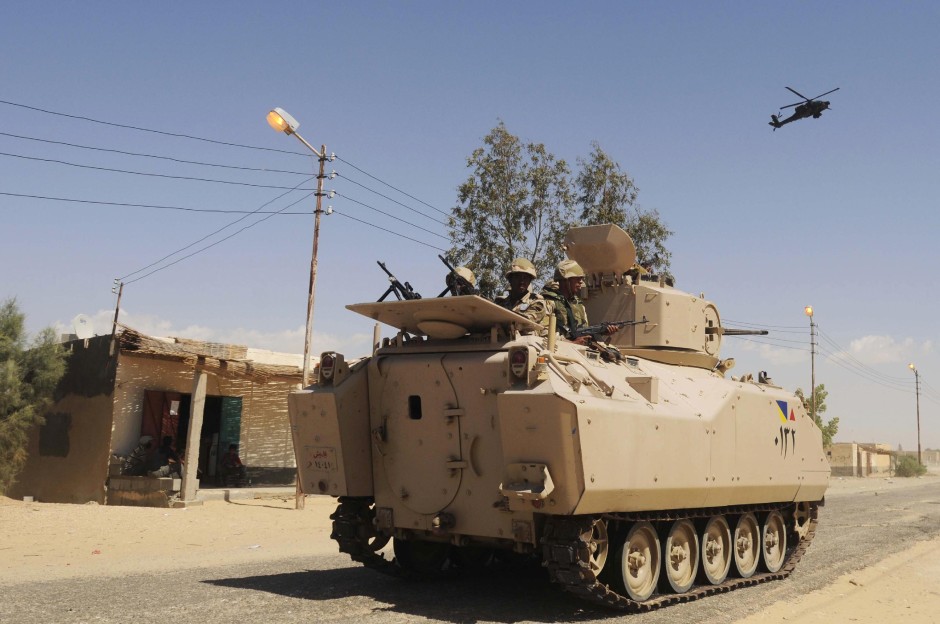Ever since Egyptian President Abdel Fattah el-Sisi deposed his Islamist predecessor, Mohammed Morsi, in a coup on June 30, 2013, Egypt has been awash in terrorism.
Not since the late 1990s, when Egypt was ruled by Hosni Mubarak, has it faced such an upsurge of terrorist violence.
Terrorists have killed hundreds of soldiers, members of the security forces and judiciary, targeted infrastructure like electrical power stations and hit the tourist industry, one of the pillars of Egypt’s economy.
The Islamic rebellion represents the greatest threat to Sisi’s authoritarian regime, if not his legitimacy. It may be more serious than the challenges conservative and liberal forces have mounted to his presidency since Mori’s arrest and incarceration two years ago.
The revolt has been unfolding on two fronts — the Sinai Peninsula and in major cities.
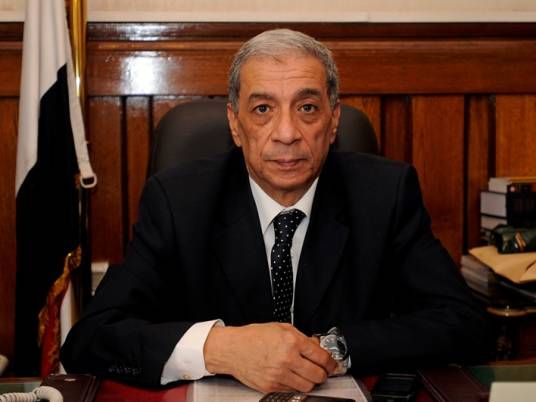
On June 29, Egypt’s top prosecutor, Hisham Barakat, was fatally injured when a bomb exploded next to his car as he driving to work in Cairo. Barakat was reportedly the most senior official to be killed since the summer of 2013, when the current Islamic insurgency erupted.
On June 9, terrorists detonated a bomb near the Karnak temple in Luxor, touching off a fierce gun battle. The incident, which did not cause any loss of life, occurred just a week after terrorists on a motorcycle wounded two policemen near the Giza pyramids and the Sphinx, two of Egypt’s most heavily guarded antiquity sites.
In Sinai — a desert of astonishing beauty which Egypt reclaimed after some two decades of Israeli occupation — Sisi faces a rebellion spearheaded by a radical Islamic organization, Sinai Province. Formerly known as Ansar Beit al-Maqdis (Partisans of Jerusalem), it has launched a succession of attacks against government offices, military bases, check points and army patrols.
On July 1, Sinai Province mounted a series of attacks that claimed the lives of 64 soldiers, the highest death toll sustained by the Egyptian army since the start of the insurgency. Ninety of the jihadists were killed, as were four civilians caught in the cross fire.
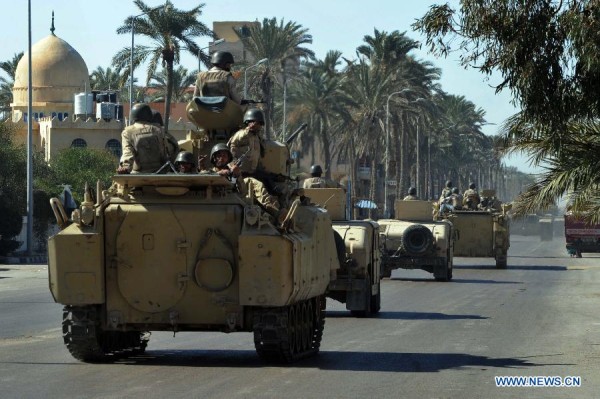
Sinai Province, which carries out the bulk of its operations in northern Sinai, has pledged allegiance to Islamic State, the world’s foremost Sunni jihadist organization.
It’s not clear whether members of the Muslim Brotherhood, the movement from which Mori emerged, have joined the ranks of Sinai Province. Outlawed, condemned as a terrorist group and driven underground by Sisi’s authoritarian regime, the Muslim Brotherhood claims to be opposed to violence.
Sisi, the former minister of defence and chief of the armed forces, claims the Muslim Brotherhood and its sister organization in the Gaza Strip, Hamas, have been aiding and abetting jihadists in the Sinai.
Several months ago, following a court ruling which branded Hamas’ armed wing as a terrorist organization, the state-run newspaper Al Ahram accused Hamas and the Muslim Brotherhood of conspiring to overthrow the Egyptian government.
In its crackdown on Hamas, Egypt has closed many of the smuggling tunnels between Sinai and Gaza, much to Israel’s satisfaction. By all accounts, about 1,600 tunnels have been reduced to rubble or flooded.
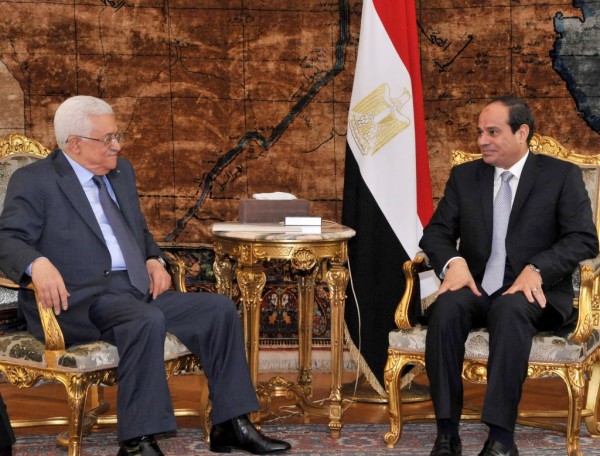
Mahmoud Abbas, the president of the Palestinian Authority, has endorsed the clampdown, notwithstanding the formation of a PA- Hamas unity government last year. “We have supported all the precautionary measures taken by the Egyptian authorities to close the tunnels and stop the trafficking of arms and the passage of people between Gaza and the Sinai,” he said. “We will continue to support any measure protecting Egypt from danger.”
Egypt, too, has kept the Rafah border crossing, Gaza’s main gateway to the world, mostly shuttered.
Last October, after 33 Egyptian soldiers were killed in an ambush in Sinai, Egypt declared a state of emergency in the area and proceeded to establish a buffer zone in the town of Rafah, which is divided between Egypt and Gaza. Initially planned to be 500 metres in width, the zone has since been expanded by another 500 metres.
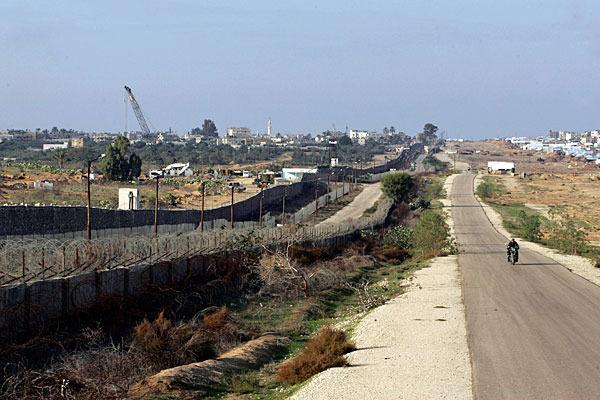
Israel has played a key role in Egypt’s anti-terrorism campaign in Sinai. Prime Minister Benjamin Netanyahu has permitted the Egyptian army to station more troops and heavy equipment in Sinai than sanctioned by the 1979 Israel/Egypt peace treaty.
In an interview, Sisi recently told the France 24 TV channel that Egypt will not permit the Sinai to become “a base for attacks against Israel.”
Four years ago in August, 12 terrorists based in Egypt sneaked into Israel and killed six Israeli motorists and two Israeli soldiers in the Arava. Israel, in a retaliatory strike, shot all 12 of the attackers. Amid the confusion, Israel accidentally killed five Egyptian soldiers.
Israel issued a prompt apology to Egypt’s interim military government, but mobs in Cairo stormed Israel’s embassy, pulling down the Israeli flag and hurling it to ground.
A few weeks later, the mobs returned, sacking the embassy. Egyptian commandos rescued six Israeli diplomats holed up there. The vast majority of embassy personnel had already left the country.
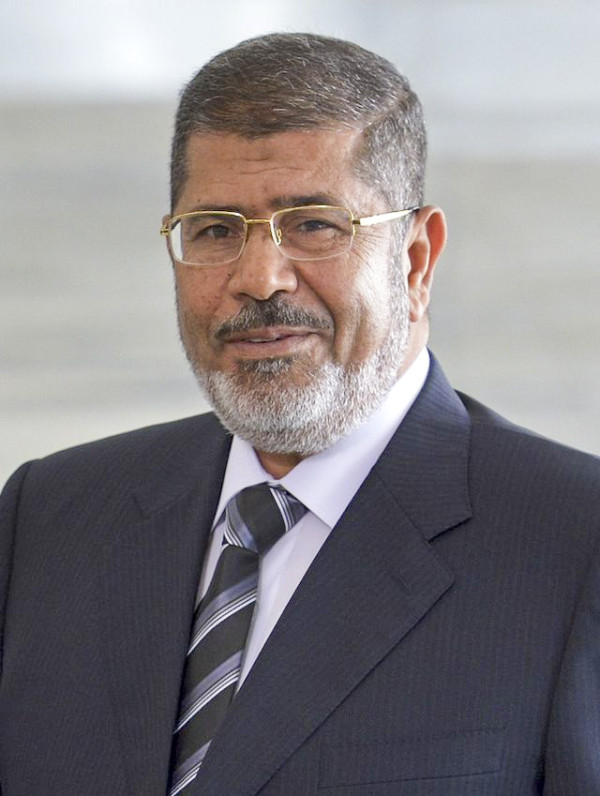
After being sworn in as Egypt’s first democratically elected president, Morsi promised to uphold the peace treaty with Israel. However, he refused to meet Israeli leaders or cabinet ministers in Cairo, a practice begun by the late Anwar Sadat in 1977 and perpetuated by his successor, Hosni Mubarak.
Sisi, so far, has refrained from inviting Israel’s leaders for talks. Recently, though, Israeli diplomats turned up in Cairo to discuss the Palestinian question and regional issues with their Egyptian counterparts. It was reportedly the first high-level meeting of its kind since Mubarak’s ouster in 2011.
It came on the heels of Egypt’s decision to return its ambassador to Israel after a three-year hiatus. Egypt’s last envoy, Atef Salem, was recalled shortly after he arrived in 2012. Salem was called back home in protest over Israel’s military operation in Gaza. His replacement, Hazem Khairat, is scheduled to arrive in Israel shortly.
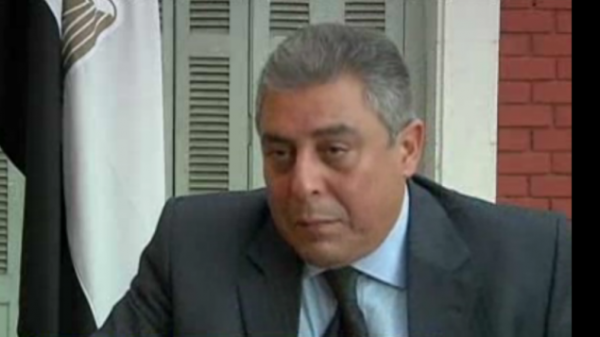
This does not mean that Israel’s relationship with Egypt, which has often been described as a “cold peace,” is about to warm up. It simply means that Egypt and Israel have a common interest in fighting terrorism, a phenomenon that threatens both countries.
